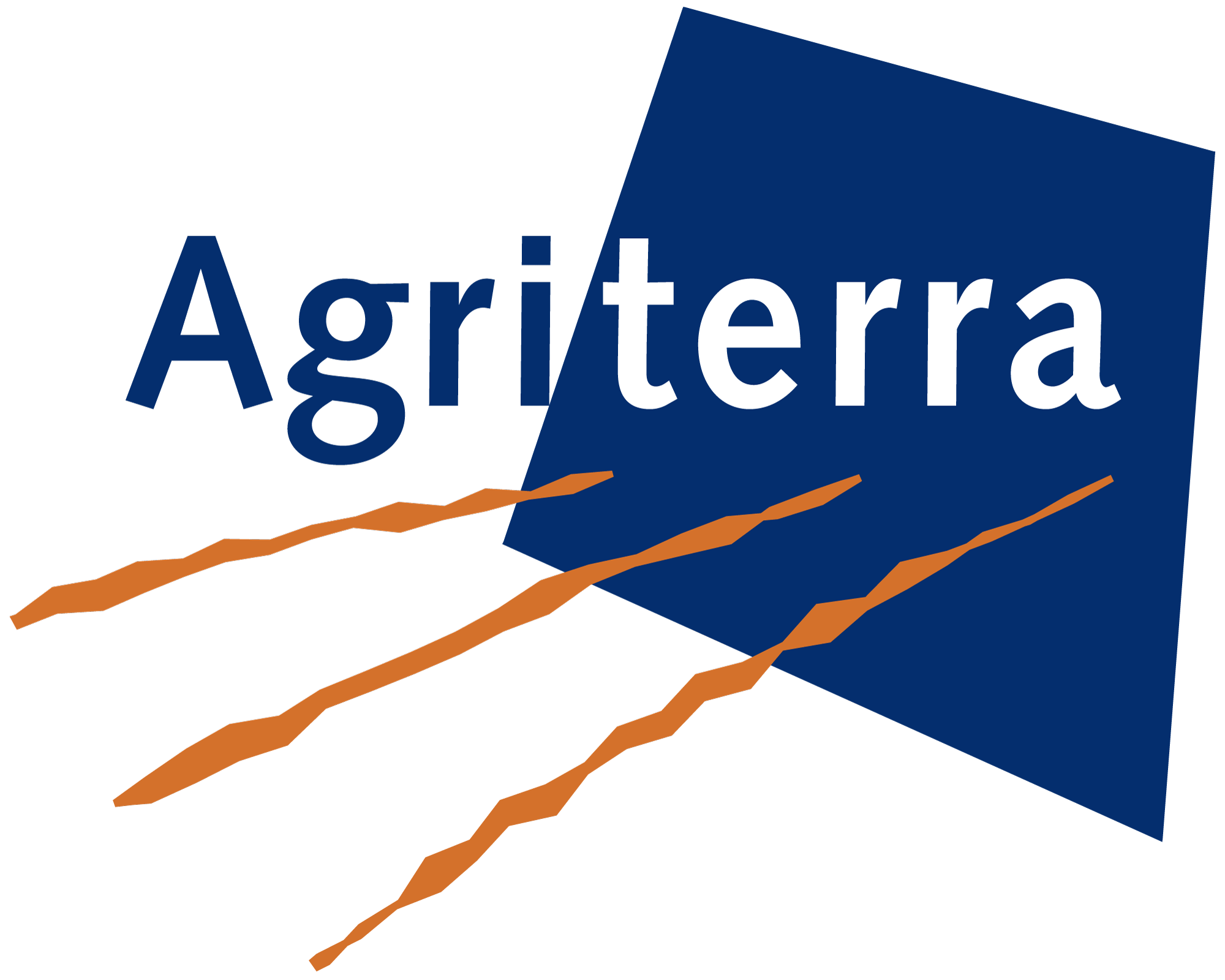Community / Land projects / Lifesaving emergency nutrition response for drought affected communities in Adadle Woreda, Shebelle Zone, Soma
Lifesaving emergency nutrition response for drought affected communities in Adadle Woreda, Shebelle Zone, Soma

€143454.1042
02/20 - 09/20
Completed
This project is part of
Implementing Organisations
Donors
Data Providers
Objectives
This emergency lifesaving Nutrition and IYCF-E response will address the needs of vulnerable households and communities affected by flood, drought and high levels of acute malnutrition in Adadele woreda of Shebelle zone, Somali region, and aims to build on the nutrition activities ongoing in the target location. The targeted woreda has high level of emergency need, with vulnerable women, men, girls and boys affected by acute malnutrition and poor access and availability of basic health care services. Drivers include natural disasters (drought, floods, increasing desertification and land degradation). Many crisis-affected people lack livelihood opportunities and often live in extreme poverty, while access to basic social services is often inadequate or absent. Adadele has been impacted by protracted and acute crises, affecting a significant and increasing number of people and resulting in widespread food and nutrition insecurity resulting in sustained malnutrition cases. Declining agricultural production, reductions in livestock sizes due to death or sale, and negative coping mechanisms are common. Therefore, in cognizant of the aforementioned issues, this emergency lifesaving Nutrition and IYCF-E, ACF (Action Against Hunger) will adapt the approach to reduce morbidity and mortality associated with under nutrition among children U5 (Under 5) and PLW (Pregnant amp Lactating Women). The project will further strengthen and sustain the existing health system and provide support for vulnerable communities through implementing an Adaptive Nutrition Services (ANS) approach where by seasonal calendar, capacity threshold and contingency planning tools will be applied to help woreda health offices and health professionals, including HEWs to know and anticipate when crises affect their community and plan for and mitigate the impact these crises may have. And also to enable the local staffs (health workers and HEWs) to assess their internal capacities and set thresholds that trigger a response such as asking for further support from the health centers or woreda / zonal officials and to start thinking about what actions they can take to mitigate against risk and crises. Moreover, some of the basic and essential services provided through this action include the treatment of Severe Acute Malnutrition (SAM) treatment of Moderate Acute Malnutrition (MAM) and Community Mobilization provide direct support to target woreda and health facilities in active nutrition screening, detection, treatment and referral of SAM and MAM cases to TFP and TSFP sites Support to the woreda health offices and health centers in outreach clinics where needed and with a particular emphasis to flood affected and hard to reach pocket areas Promotion of Care Practices and IYCF among children and their care-givers and psychosocial support for IDPs and host communities. Mental Health and Care Practices (MHCP) support will be provided to the most vulnerable households through targeted psychosocial support services such as Mother-to-Mother Support Groups. Currently, ACF is implementing sanitation, hygiene promotion and IDP latrine construction project in Adadele woreda through ECHO fund lasting until April 2020, therefore this project will complement and capitalizes on the nutrition and WASH nexus to maximize synergy between the two projects and impact nutrition and health outcomes at household and community level.



